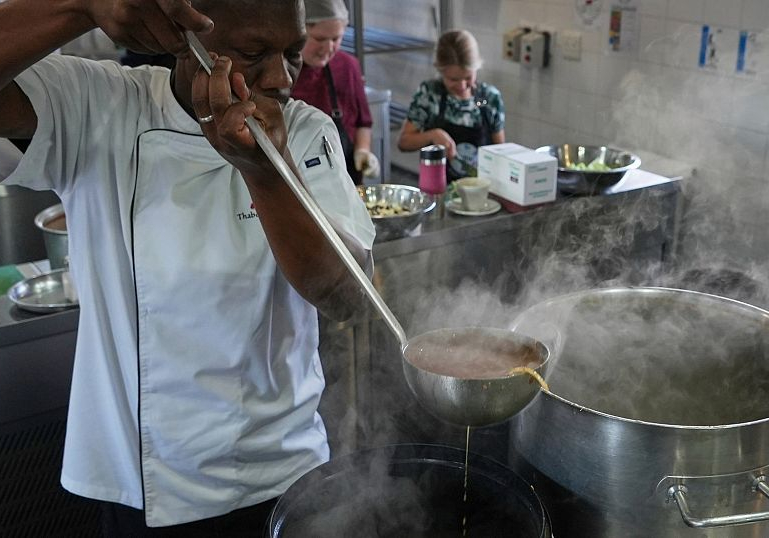A wave of violent criminal activity linked to “one-chance” robberies has sparked heightened fears in Nigeria’s capital, Abuja, as authorities struggle to curb attacks targeting commuters, particularly women. The term refers to criminals posing as taxi drivers or passengers who abduct, assault, and rob victims, often pushing them from vehicles. At least three women have died in such incidents over the past week, deepening public outrage over the capital’s security crisis.
Among the victims was Grace Godwin, a 23-year-old petrol attendant found dead on July 12 in Abuja’s Jabi district after reportedly being thrown from a moving vehicle. Security analyst Zagazola Makama confirmed her death as a suspected homicide. Days earlier, Freda Arnong, an employee of Ghana’s High Commission in Nigeria, died from injuries sustained after boarding a taxi that diverted from her intended route. Witnesses say she was beaten and ejected near Lugbe-Airport Road.
The National Hospital Abuja has since issued an urgent appeal to identify an unconscious woman found on July 8 along Kubwa–Dei-Dei Road, now in critical care. A separate case involved National Youth Service Corps member Ruth Isaiku, who survived an attack after boarding a taxi to Keffi. She was rescued by a civilian and hospitalized with injuries.
Residents describe a pervasive sense of vulnerability. “Women are not safe here,” said Emeka Chukwudi, a local resident, criticizing perceived inaction by law enforcement. Teacher Mike Divine echoed concerns, questioning why security forces “littered everywhere” have not stemmed the violence. Ogbonna Joel, whose cousin was killed in a similar attack last year, lamented recurring tragedies: “Her family will be searching for her, just like we did.”
In May, Federal Capital Territory Minister Nyesom Wike emphasized Abuja’s unique security challenges during a budget session, citing its role as the seat of government and diplomatic missions. He argued that addressing crime requires nationwide coordination rather than local efforts alone.
While police urge citizens to report suspicious activity, some officials have grown defensive. FCT Police spokesperson Josephine Adeh stated she was “tired of answering questions” about the issue, appealing instead for public solutions. Activists and lawmakers, however, are demanding tougher measures. Peter Echo, a resident, called for life sentences for convicted perpetrators and enhanced inter-agency collaboration.
The surge in attacks has intensified scrutiny of Nigeria’s urban safety infrastructure, with critics underscoring gaps in enforcement and victim support. As families grieve and survivors recover, the urgency for effective intervention grows—a challenge compounded by Abuja’s complex role as both a national capital and a home to millions of vulnerable commuters.









